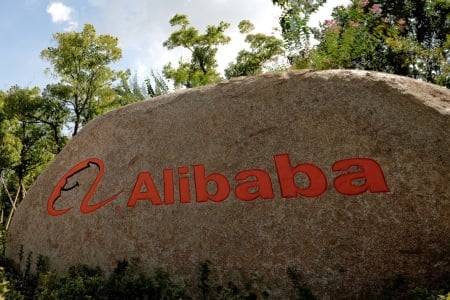Technology
Why the Coming Alibaba Share Lockup Expiration Matters
Published:
Last Updated:

Short sellers have begun piling into the stock. As of August 31, more than 74 million shares are short, an increase of nearly 16 million shares compared with short shares in the prior two-week period. The end-of-August total is the highest short share total since the IPO.
Prior to the expiration of its six-month lockup period in mid-March, short interest in Alibaba rose from around 42 million shares to just over 64 million. At that lockup expiration, some 329 million or so shares became eligible for sale and another 100 million were added after the company reported its March quarter results.
Alibaba has been trying to reassure shareholders that of the 1.6 billion shares that are due to be released into the wild this month, the company has received pledges from holders of 1.45 billion shares that they will not sell their shares. The company also announced a $4 billion share buyback when it reported quarterly results recently, an odd decision we thought at the time for a company that had not been publicly traded for even a year.
Early last week, the company said at a conference that China’s consumers are spending less and that put downward pressure on fiscal second-quarter results. The stock immediately got whacked and posted a new post-IPO low of $58.00, less than half its post-IPO high of $120 and about 15% below the IPO price of $68 a share.
Then, over the weekend, Barron’s published a long article on the company that called into question Alibaba’s reported results. The company hit back almost immediately, saying the story “contains factual inaccuracies and selective use of information, and the conclusions [author Jonathan Laing] draws are misleading.”
But Alibaba’s stock, which had climbed back to more than $64 on Friday, has dumped more than 4% Monday to trade around $62 in a 52-week range of $58.00 to $120.00. Toward the end of the noon hour, share volume was already about 25% higher than the daily average of around 15 million.
ALSO READ: 8 Buybacks and Dividends Just Too Big to Ignore
Ever wanted an extra set of eyes on an investment you’re considering? Now you can speak with up to 3 financial experts in your area for FREE. By simply
clicking here you can begin to match with financial professionals who can help guide you through the financial decisions you’re making. And the best part? The first conversation with them is free.
Click here to match with up to 3 financial pros who would be excited to help you make financial decisions.
Thank you for reading! Have some feedback for us?
Contact the 24/7 Wall St. editorial team.